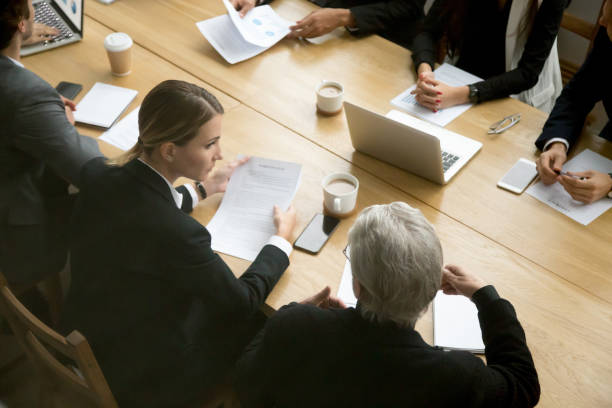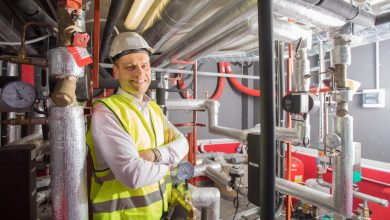ialogue Facilitators

Quality facilitation is essential to the success of the Summit Food Systems Dialogues. The Dialogue Manager identifies contacts and appoints the Facilitator (usually together with the Convener).
The Dialogue Facilitator is responsible for ensuring that all participants in a discussion group have the opportunity to contribute meaningfully and that their views are heard by others.
The role of the Partnering Facilitator is to ensure that their discussion groups address the topic of discussion and guiding questions, and that all participants are able to express themselves equally and (at the end of the discussion) briefly report back to the plenary on progress and impressions of the discussion group. The Facilitator can benefit from the appointment of a rapporteur or a person in charge of taking notes.
Facilitators are expected to:
Read and understand the reference materials provided by the Administrator;
Arrive at the discussion group meeting place before the participants to greet and welcome them;
Ask group members to briefly introduce themselves;
Explain to group members the tasks expected of them;
Observe group members as they begin their work and discuss the topic of discussion;
Encourage the members of the group to work with a view to obtaining the expected result in due time;
Encourage exchanges if it seems necessary and contain dominant participants;
Help group members stay focused, inclusive, and empathic;
Work with the note taker to complete the Focus Group Facilitator template;
Report on the work of the plenary discussion group in a concise and fair manner.
(If the Facilitator wishes and the group members agree, another member of the group can report in plenary).
Collective Training for Administrators and Facilitators
The Secretariat of the Summit on Food Systems and its partners are organizing regular pre- and post-Dialogue training sessions for Dialogue Managers and Facilitators. They will be sessions of 1.5 to 2 hours duration that will address the functions, their differences and complementarities and the way to reinforce the related competences. These sessions will reflect on the experiences of others, build trust and share lessons learned.
The sessions prior to the Dialogues will focus on both functions and will include the following aspects:
Welcome participants and create an atmosphere of respect and openness;
Contextualize the conversations;
Cope with complicated interactions;
Make summaries and make comments;
Use technology.
The sessions after the Dialogues will focus on sharing experiences and will include the following aspects:
• Reflect on what happened, what has worked, what has not worked;
• Analyze what has been learned;
• Consider how to use what you have learned to improve future Dialogues.
All sessions include questions and answers, debates by topics of interest for the creation of networks and collective mentoring of Administrators and Facilitators from various countries.
How do you become a Facilitator?
Dialogue facilitators are identified, contacted and appointed by the Dialogue Manager (usually together with the Convener). If you would like to be a facilitator but have not been invited by a curator or coordinator, you can explore the dialogues that are being planned. In some cases, the Dialogue Coordinators can be contacted on the website of the Dialogue event.
What to do if you have been invited to be a Facilitator?
If you have been invited to be a Dialogue Curator, register now at the Gateway and access the Participation Zone c. Once registered, you will be able to accept the invitation and access more details about the event and the role, including the exact location and logistics or joining details (for virtual events).
As an Administrator, regular training events will be scheduled to support you in the role. Click here to see the training program.
Read More: Home Health Covered Services




